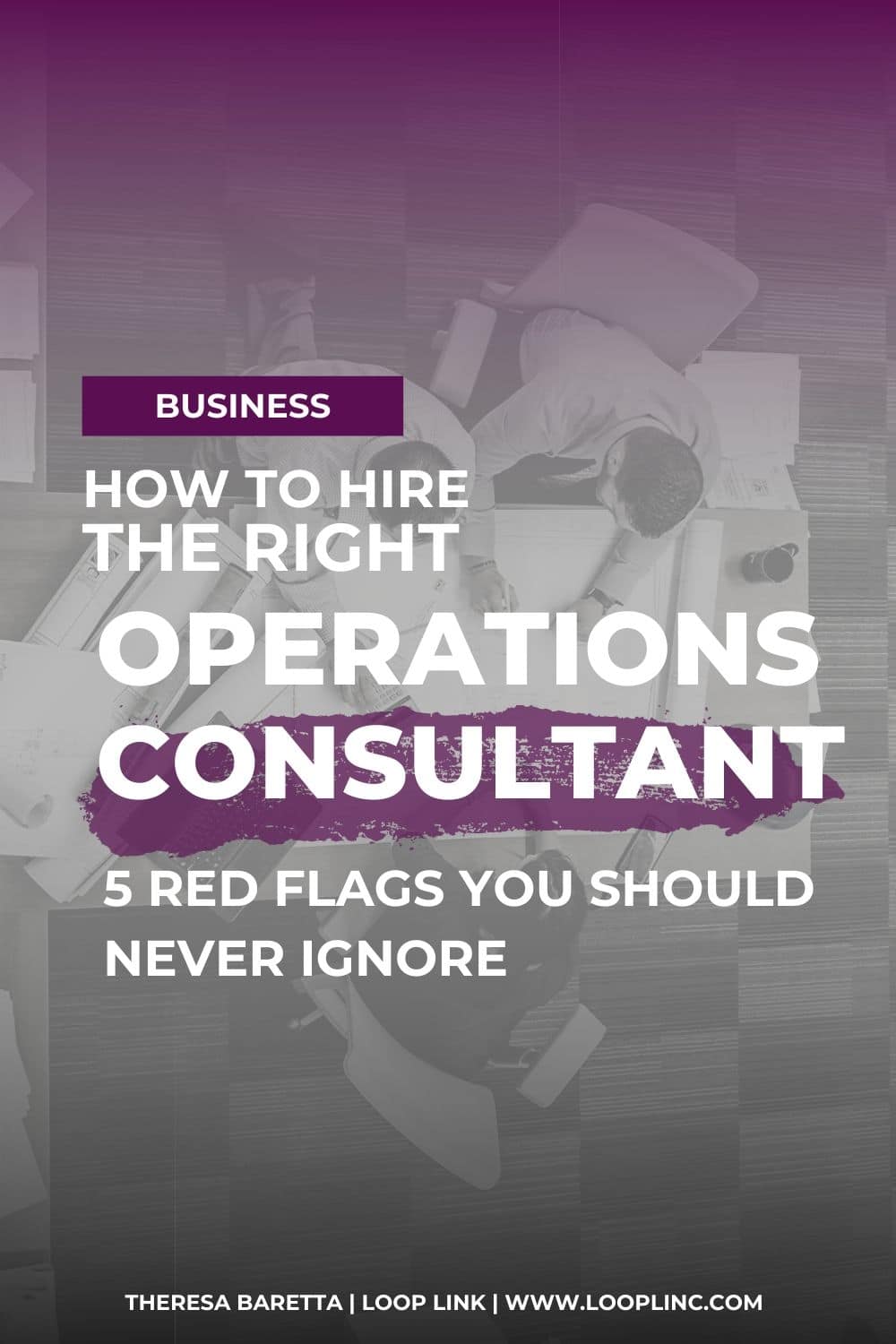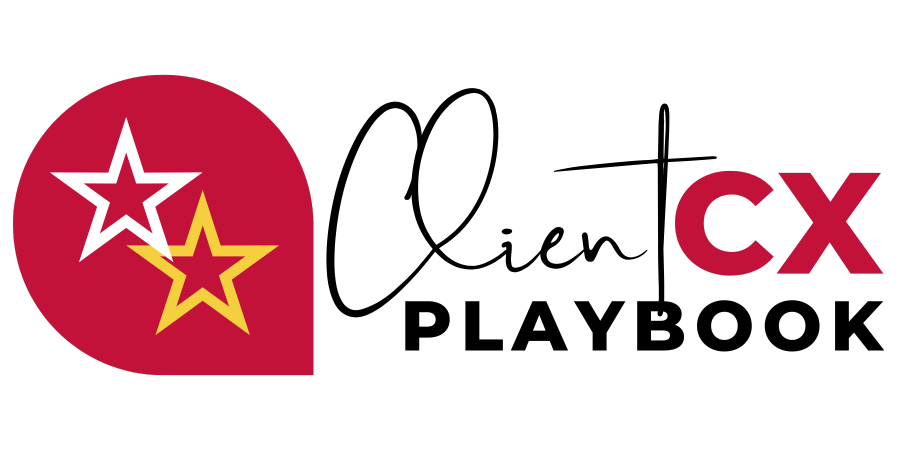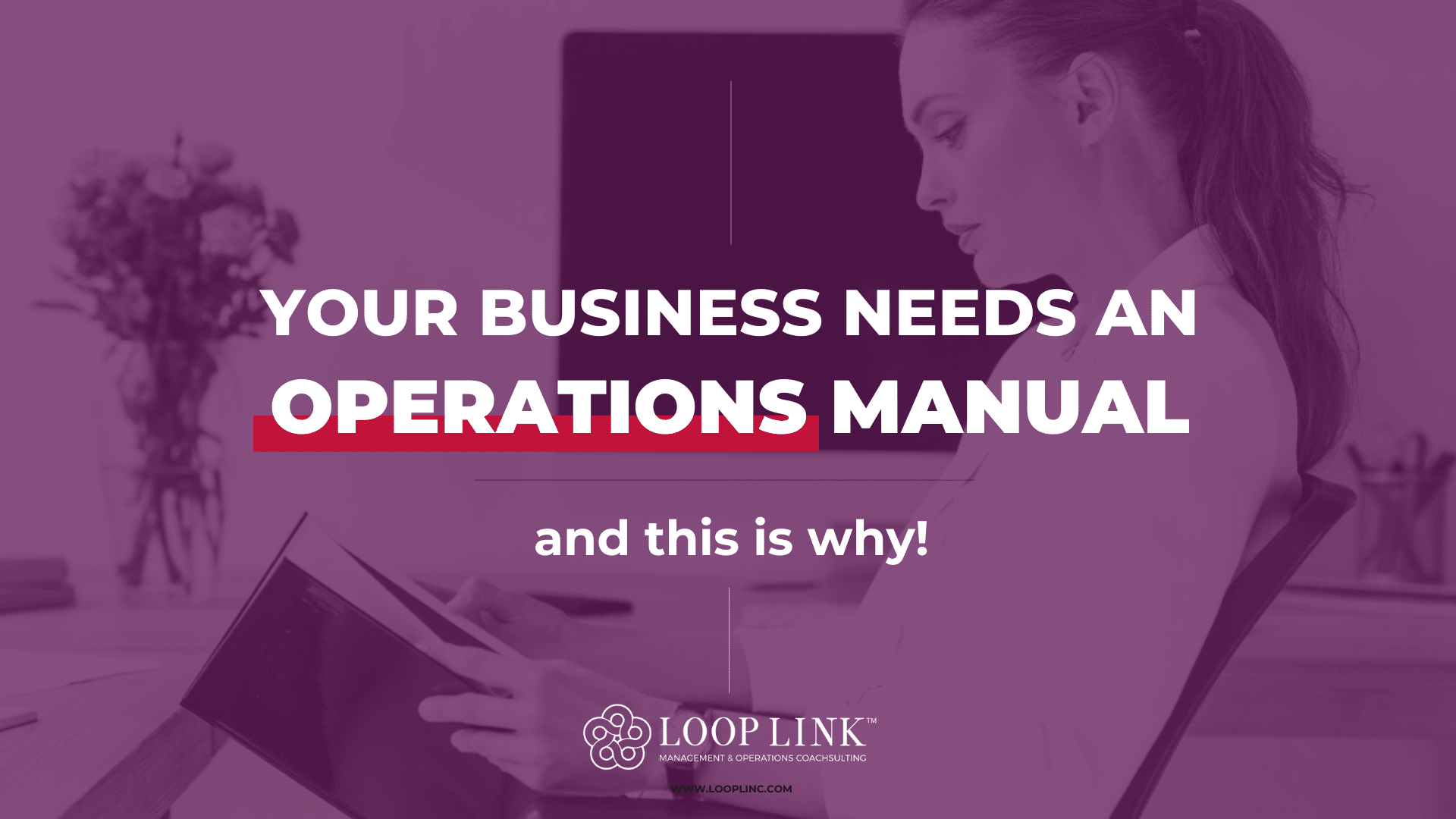When it comes to business, customized solutions almost always work better than a one-size-fits-all approach— and hiring an operations consultant is no different.
Operations is so instrumental to business success. The person you hire to oversee your business operations will be contribute to each of the individual components of your company— from customer service, to human resources, project management, and strategic development.
So, it only makes sense that your selected candidate should be ideally suited for your specific needs.
But how do you know when an operations consultant is the right fit for you? And what are the signs you should look for when hiring one?
Start With a Single Question for the Operations Consultant

I’ve met with countless entrepreneurs over the years whose only thought process behind hiring an operations consultant was “I need help”.
This is not to say this thought process is wrong. It’s not. This is logical catalyst behind hiring any type of business consultant.
But it’s not the ONLY reasoning— and that’s important to remember.
Before posting a job ad or interviewing potential operations consultants, I always encourage entrepreneurs to ask this one simple question:
“What, specifically, do I want to gain by hiring an operations consultant?”
Your answers to this question might resembles the responses below:
- “I want someone to implement systems within my business that improve productivity.“
- “I want my operations consultant to identify the gaps in my current workflow and recommend the best solutions.”
- “I need someone who can provide sustainable, long-term solutions so I can grow my business to the next level.”
By identifying the reasons to hire an operations consultant ahead of time, you’ll have a clearer picture in mind when you meet with potential candidates.
Memorize These 5 Red Flags (And Use Them to Make The Right Choice)
1. Highly Niche Experience
Some individuals who offer operations consulting have focused their efforts on a specific industry, such as manufacturing or retail. If your business falls within the wheelhouse of experience your potential consultant offers, that’s great! But if not, you’ll want to ask follow up questions to be sure they can meet your needs.
I highly encourage asking questions like:
- In my industry, it is common for (insert issue) to happen. How would you address this challenge?
- What steps would you take to become more familiar with my industry/business?
- What is your process for customizing your operational solutions to the needs of your clients?
Each business and industry comes with its own unique set of challenges. Hiring an operations consultant who isn’t familiar with your sector could cause problems later down the line. And since most business consultants require a contractual agreement, this is a fate you’ll want to make every effort to avoid.
2. Lack of Proof
A truly qualified and professional operations consultant will welcome the opportunity to share past successes with you. This information could come in the form of testimonials, case studies, statistics and reports, or reference contacts.
If your potential hire seems reluctant to share details about results they’ve generated in the past it is a major red flag. Don’t be afraid to be direct and ask them why they prefer not to disclose this information. And, of course, consider opting for a consultant who is more transparent.
3. Skipping the Details
When interviewing an operations consultant, make note of any vague responses. Planning and detail-orientation are two of the most important operations manager skills, so if the person you are considering is unable to communicate exactly how they would benefit your business and produce your desired results, it’s definitely a red flag.
The best business operations specialists come prepared with a game plan and are happy to share it with potential clients.
4. Focused on Them (Instead of You and Your Business)
If you speak with a operations consultant for 15 minutes or more and they only discuss their value and their approach, beware.
Operations consulting is all about helping clients reconnect with their work and your vision, make a bigger impact, and get back to what they love— and in order to do that, you have to get inside your clients mind!
Your first conversation with an operations consultant shouldn’t feel one-sided. And if it is, the interaction could be a glimpse of what’s to come. You’re looking for a partnership, not a working relationship that feels unbalanced.
5. Disorganized From Day One
This is one of the most glaring red flags to be aware of when hiring an operations consultant. If the candidate is late for your introductory meeting, forgets to return your phone calls, or displays disheveled and forgetful behavior in any way, don’t shrug it off as “just an off day”.
Here’s the thing— we can’t be at the top of our game every minute of every day. But it is the job of an operations consultant to be organized, methodical, and conscientious. Even on off days.
If your potential hire is unable to systemize and fine-tune their own operations, what does that say about their ability to streamline yours?
Definitely a sign worth being suspicious of!
How I Help My Clients Close Open Loops and Expand With Excellence
I knew from the moment I decided to start my own business that I wanted to fully embody my mission, vision and values— which meant practicing what I preach at all times.
My approach to operations consulting is genuine, professional, and supportive.
I firmly believe in being a steady, calm, and grounded leader that agency owners can trust to shift their mindset— because that’s what I would want if our roles were reversed.
When you become my client, you can be assured that I will deeply immerse myself in the inner workings of your business and do whatever it takes to bring you back to your first love, helping you reclaim your time, family, freedom, and flexibility.
Want to See My Operations Consultant Process For Yourself?
Watch my YouTube video, A Day in the Life of an Operations Coachsultant and experience what it’s like behind the scenes!
Your Move
Unsure how to implement these solutions within your team?
Do you need an extra hand with team management?








